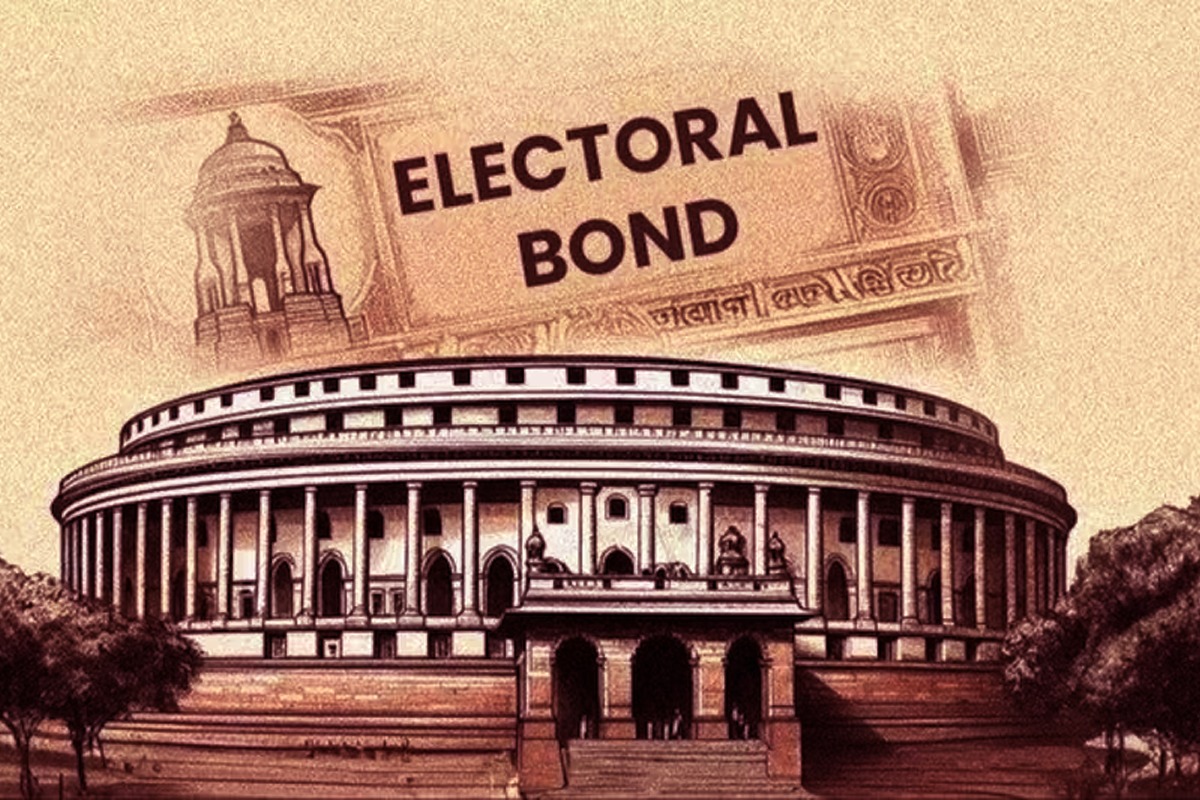

The recent verdict by the Supreme Court of India on the Electoral Bonds Scheme has ignited a crucial debate on the transparency of political funding. Led by Chief Justice D.Y. Chandrachud, the five-judge Constitution Bench unanimously struck down the Union’s 2018 Electoral Bonds Scheme, citing it as a violation of voters’ right to information, a fundamental right enshrined in Article 19(1)(a) of the Constitution.
Additionally, the Supreme Court’s rejection of SBI’s plea yesterday for an extension to disclose electoral bonds data further emphasizes the need for transparency. The court’s decision underscores the significance of timely disclosure and accountability in political finance. SBI’s request for an extension was based on logistical challenges, but the court deemed the bank capable of fulfilling its obligations within the stipulated time frame, given its extensive resources and existing IT infrastructure.
The Bench’s decision addresses a significant concern about the anonymity and unlimited corporate funding allowed by the scheme. Petitioners argued that this lack of transparency in political funding could potentially legitimize electoral corruption on a large scale. The judgement stands as a landmark one, underlining the importance of voters’ right to information in enabling effective exercise of their freedom to vote.
However, the verdict has also drawn criticism for its potential to regress political donations to pre-2018 methods. Some argue that the judgement may be more idealistic than pragmatic, fearing a return to splitting donations or resorting to completely unaccounted political contributions. Crucially, the Supreme Court did not propose an alternative scheme for political funding, leaving a vacuum that raises questions about the future of transparent political finance. However, it mandated the submission of details of electoral bonds purchased since April 12, 2019, to the Election Commission of India, ensuring much-needed transparency in political donations during this period.
The response from political parties has been varied. Opposition parties largely welcomed the decision, with some branding the electoral bonds scheme as a ‘Black Money Conversion’ scheme of the Modi government. On the other hand, the ruling BJP, which received nearly 55% of total contributions through electoral bonds, faces scrutiny over its implications. The ruling has been hailed by some as a step towards the “revival of democracy” and an end to a scheme that “legalized corruption.” Undoubtedly, it has spurred conversations about the imperative of transparency in political funding and the pernicious influence of money in politics.
To ensure transparency in political donations, it is imperative to implement a comprehensive set of measures. Firstly, political parties should be legally obligated to disclose all financing and expenditure details to the public, ensuring full public disclosure. Secondly, implementing contribution limits with robust reporting requirements and oversight mechanisms can help prevent undue influence from individuals or entities with vested interests.
Additionally, establishing an independent audit authority dedicated to scrutinizing political finances can further enhance accountability in the system. Introducing digital reporting systems would streamline the process of reporting and disclosure, facilitating better oversight and transparency. Lastly, ensuring public access to political party accounts for scrutiny is essential, as transparency demands openness and accountability in the political funding process. Together, these measures can significantly contribute to fostering a more transparent and accountable political landscape.
Internationally, various approaches have been adopted to address political funding transparency, including disclosure requirements, contribution limits, public funding, independent oversight, and bans on certain contributions. The verdict on electoral bonds is a significant step towards bolstering transparency in political finance. It underscores the imperative of upholding democratic principles and ensuring that the electoral process remains free from undue influence. As India progresses on its democratic journey, it must continue to refine its mechanisms for political funding to foster a fair, transparent, and accountable political landscape.